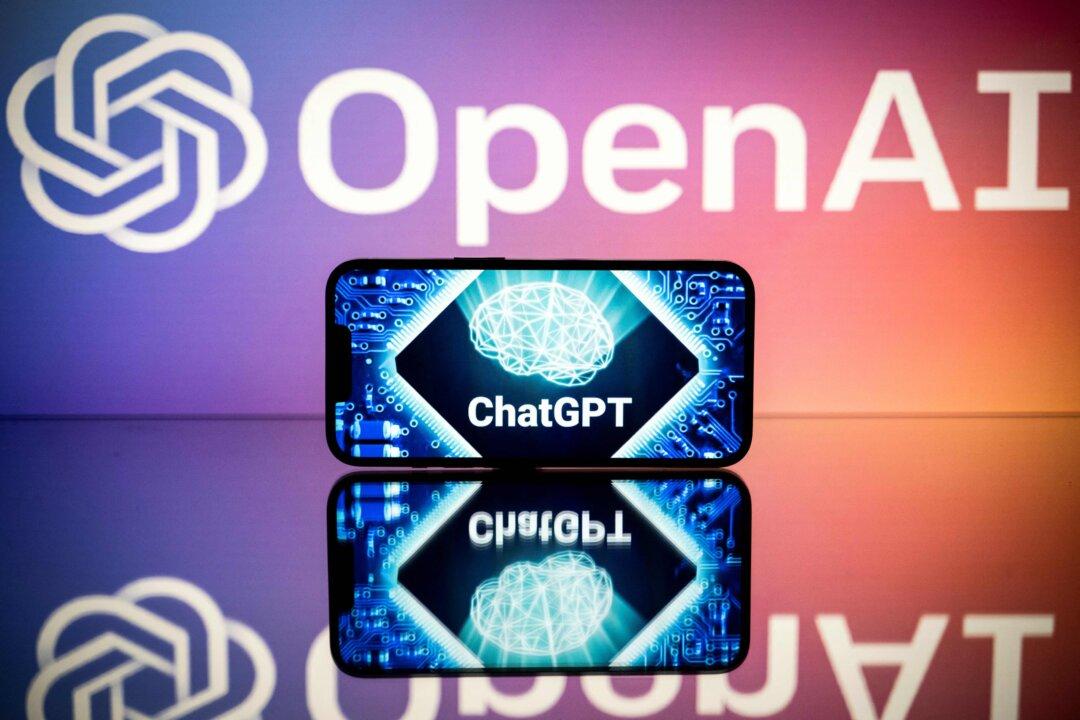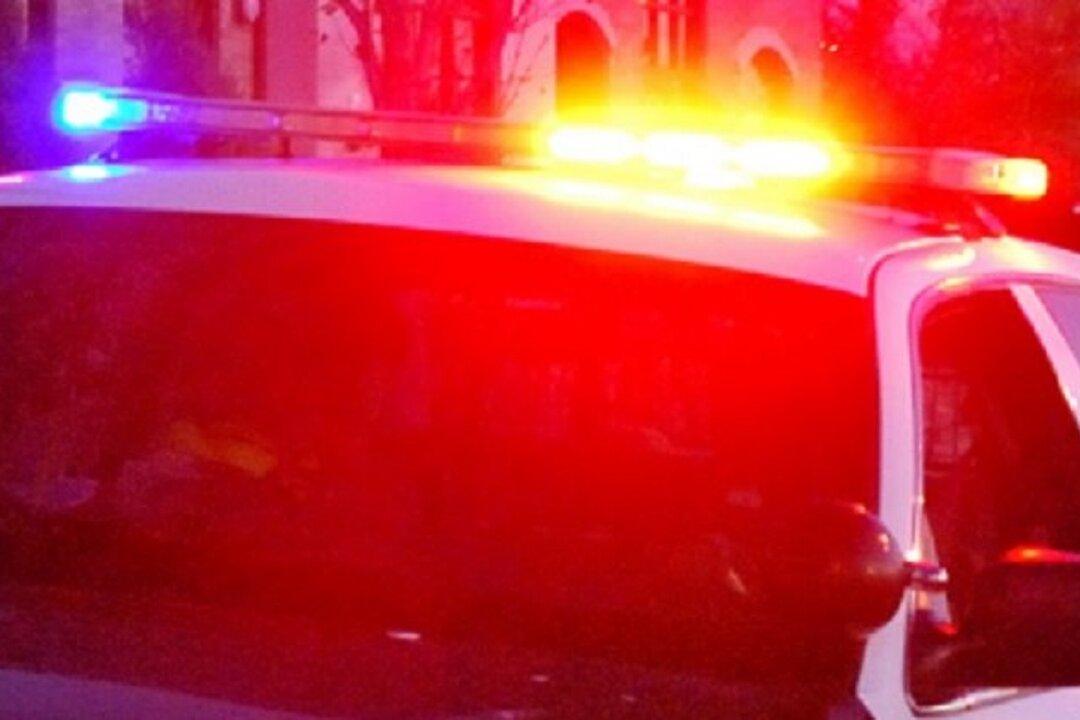OpenAI, the maker of chatbot ChatGPT, announced on Tuesday that it has released a new software tool to help detect whether someone is trying to pass off AI-generated text as something that was written by a person.
The tool, known as a classifier, comes two months after the release of ChatGPT, a chatbot that generates human-like responses based on the input it is given. Schools were quick to limit ChatGPT’s use over concerns that it could fuel academic dishonesty and hinder learning, as students have been using the chatbot to create content that they are passing off as their own.




